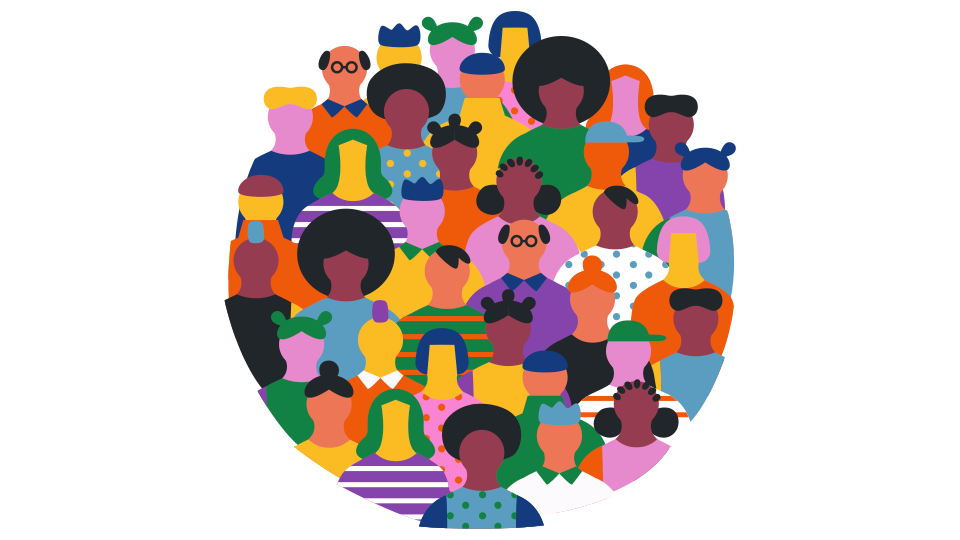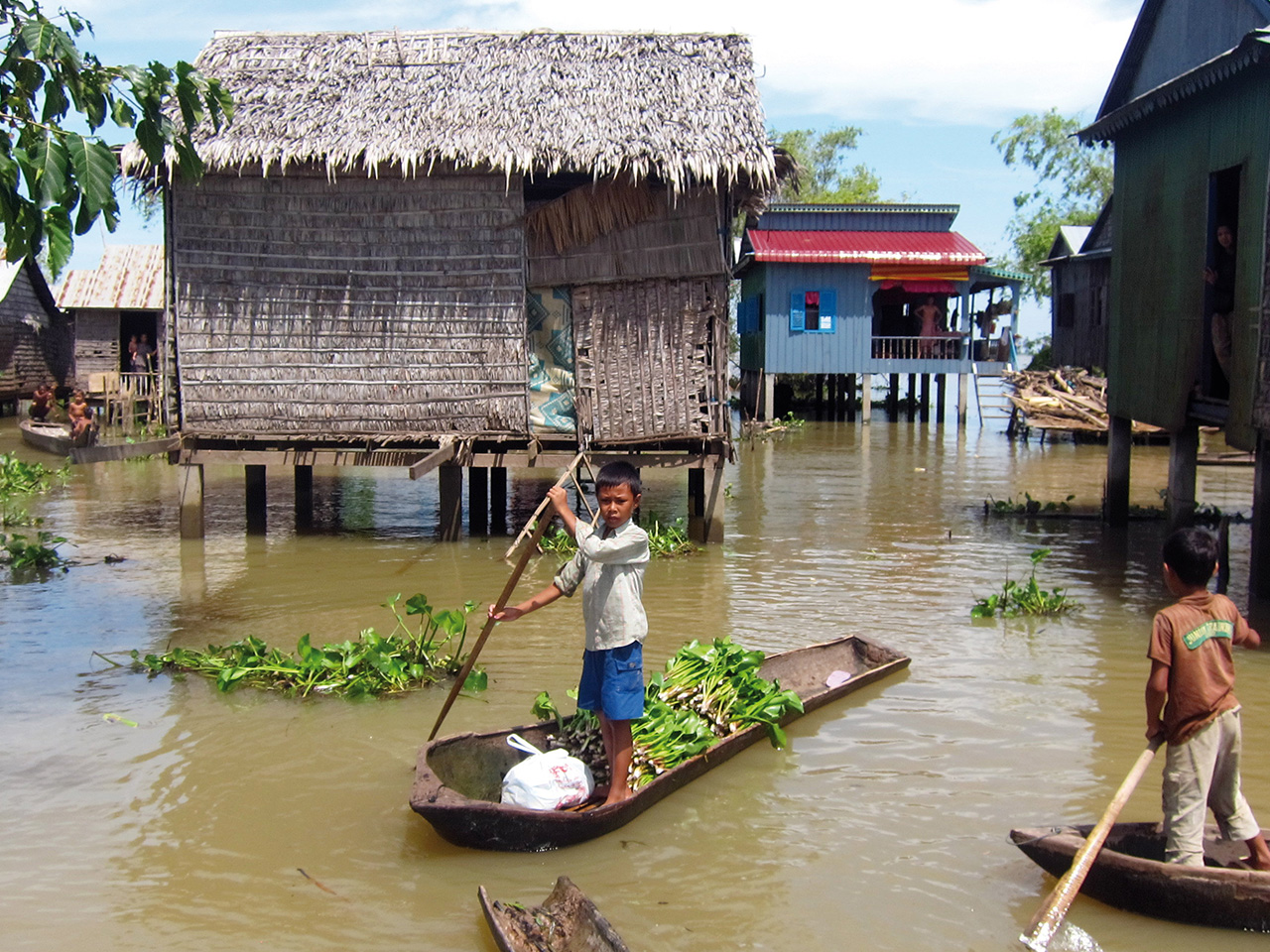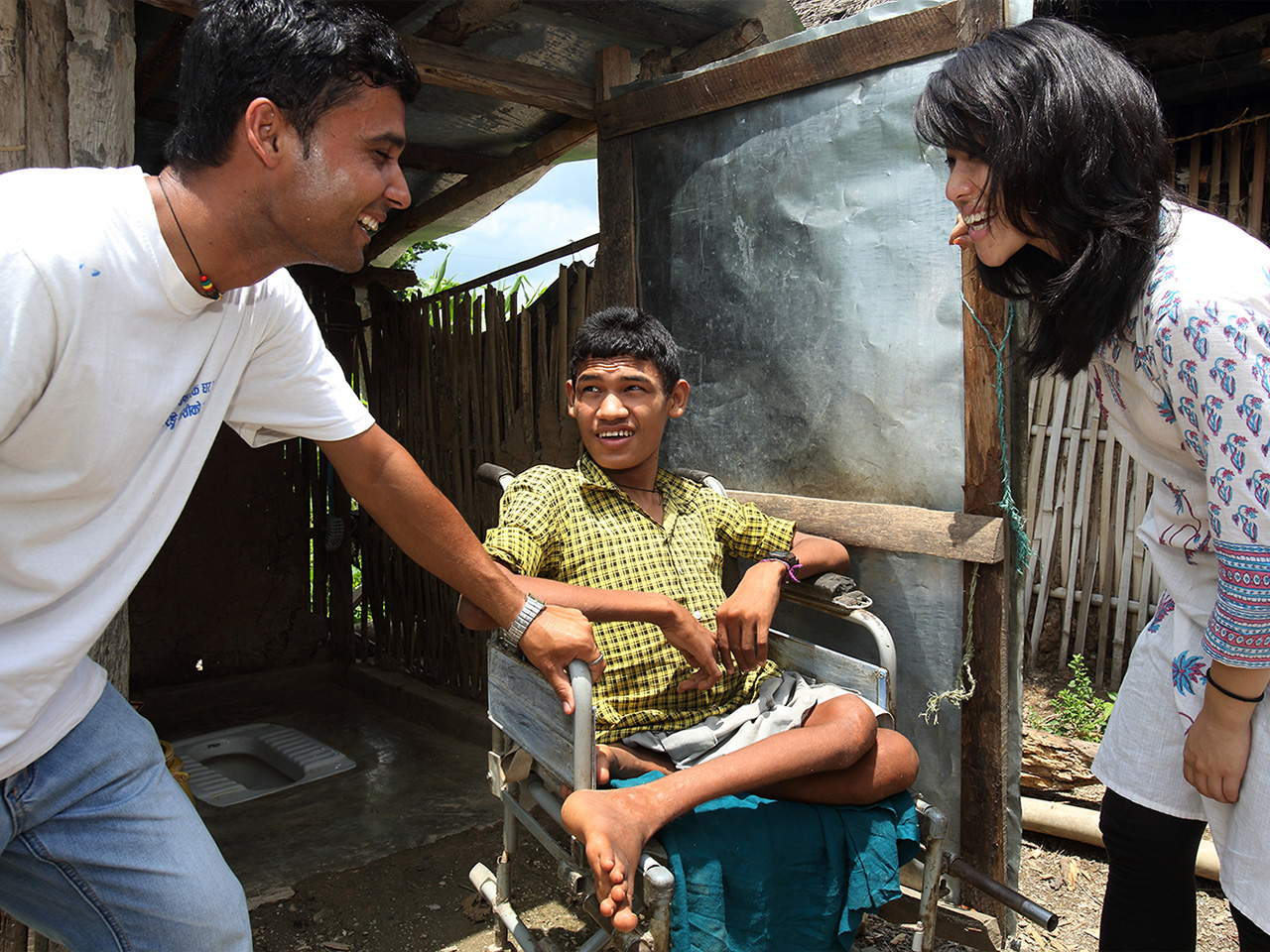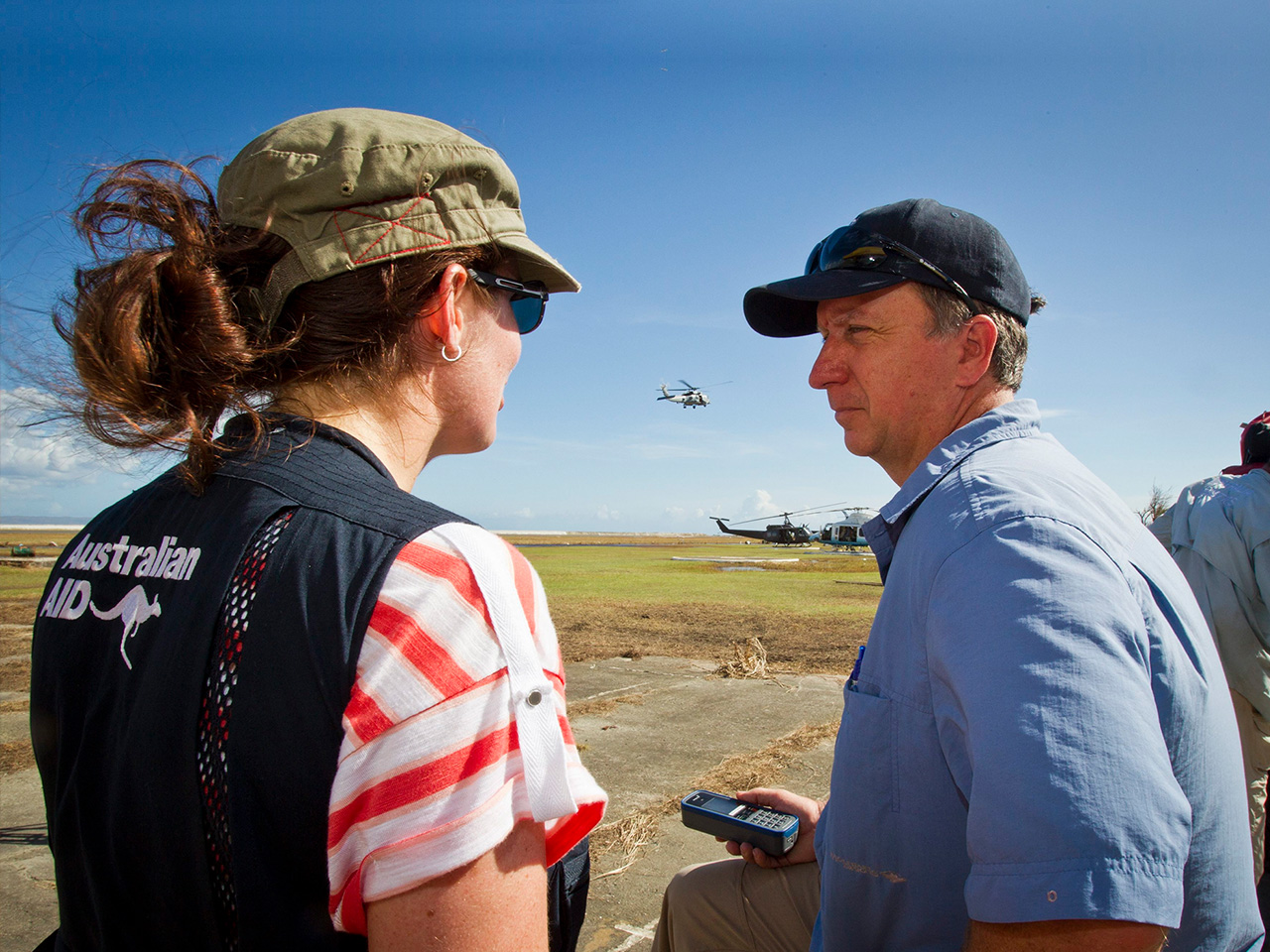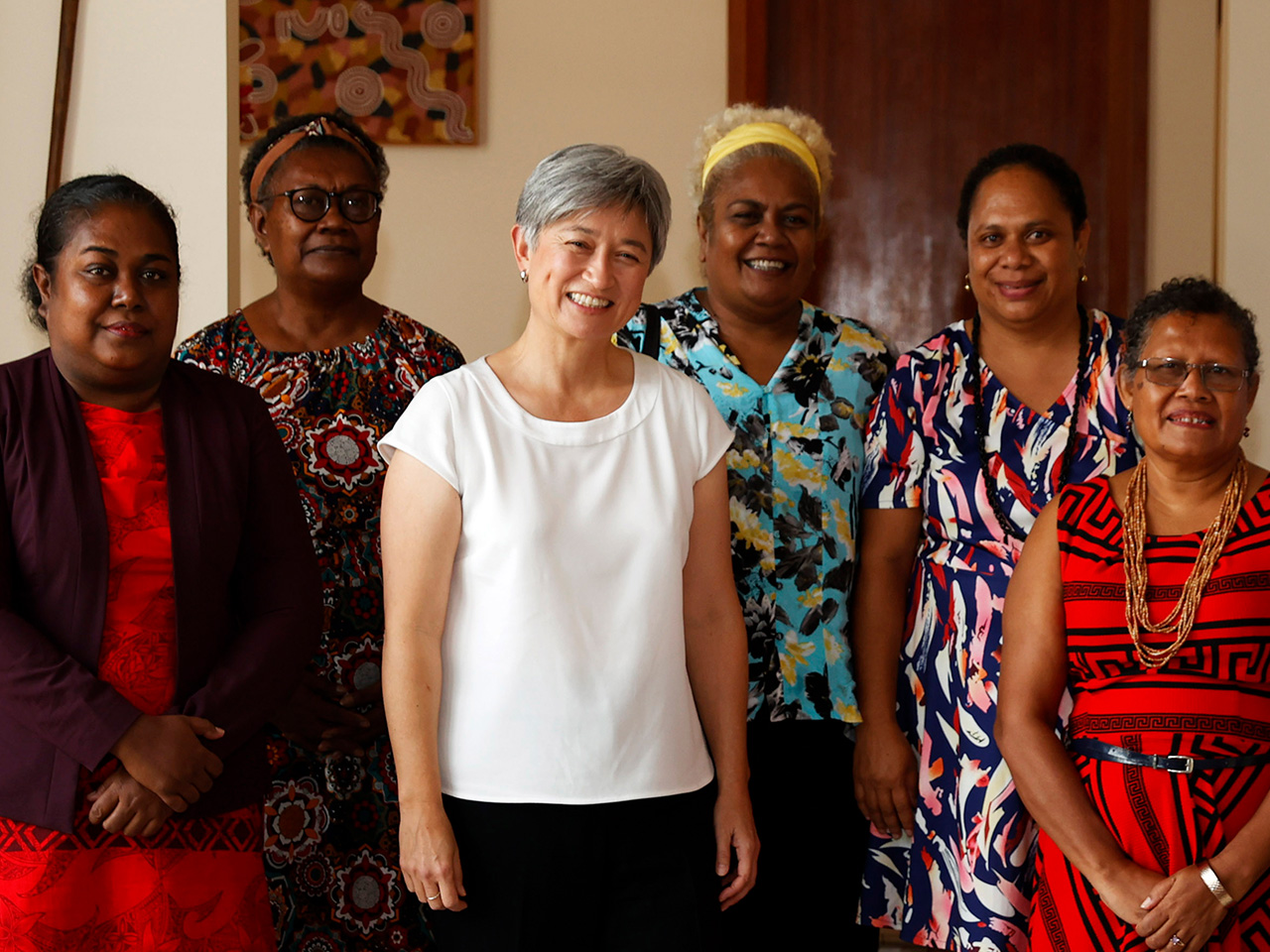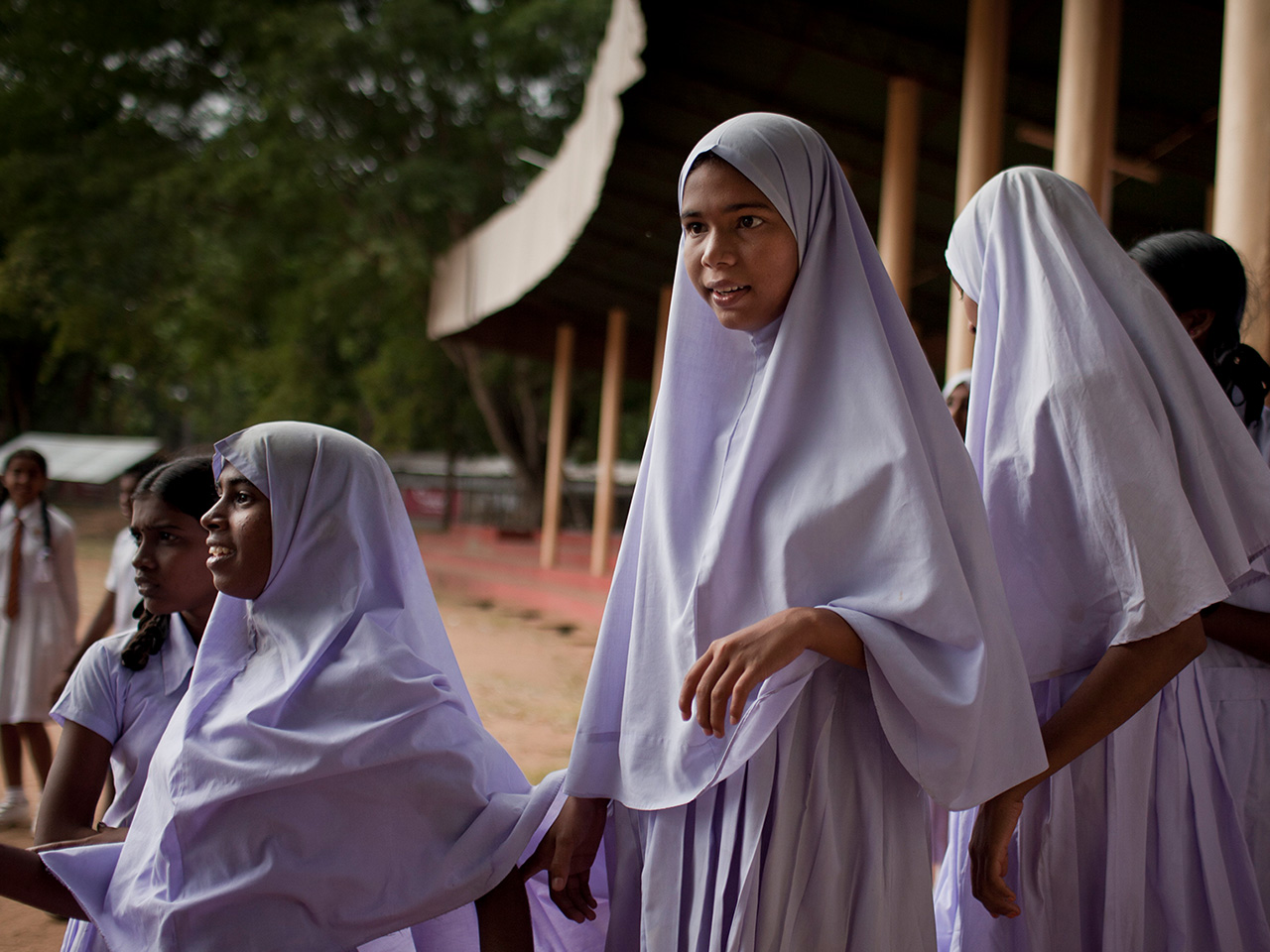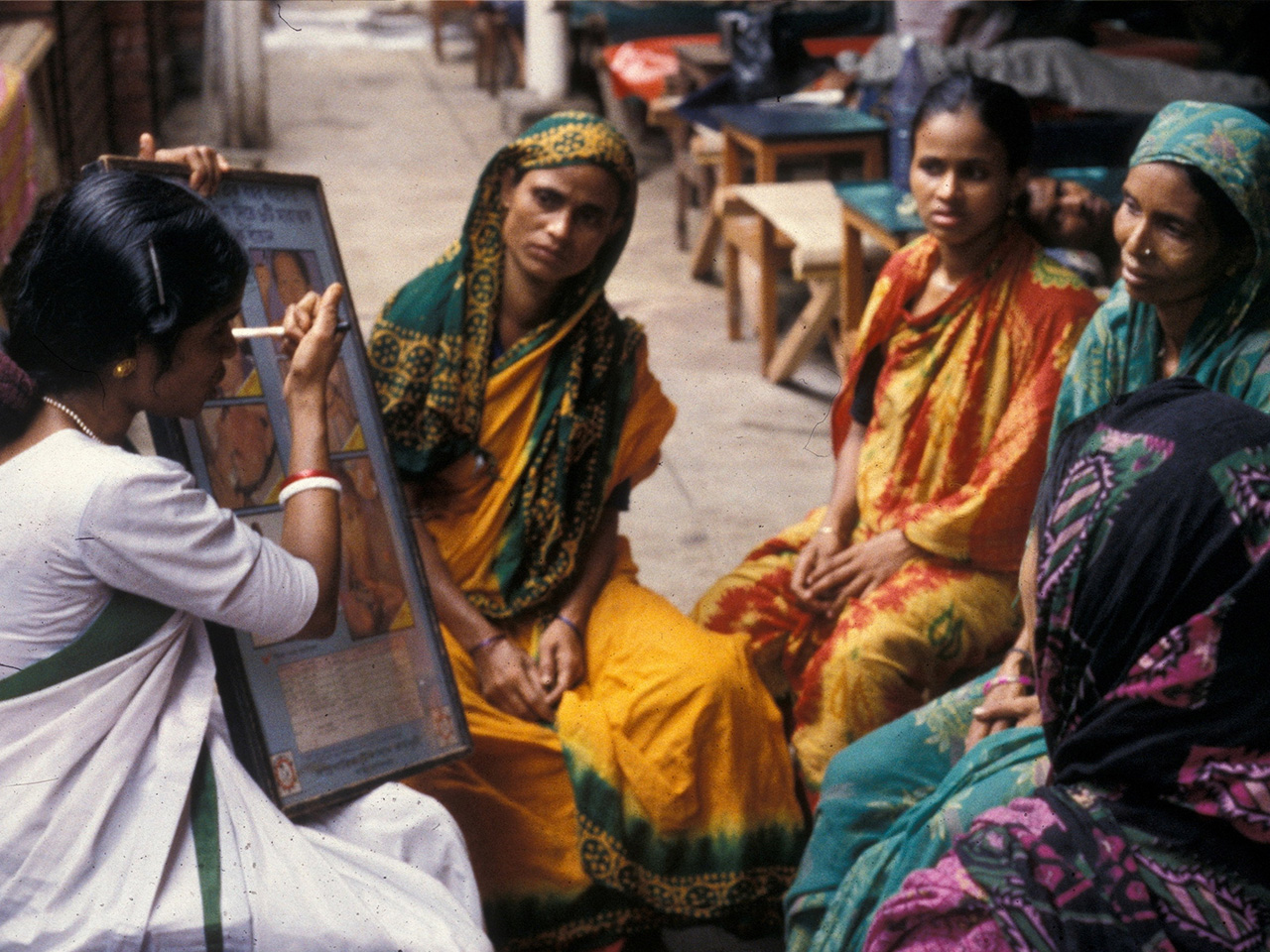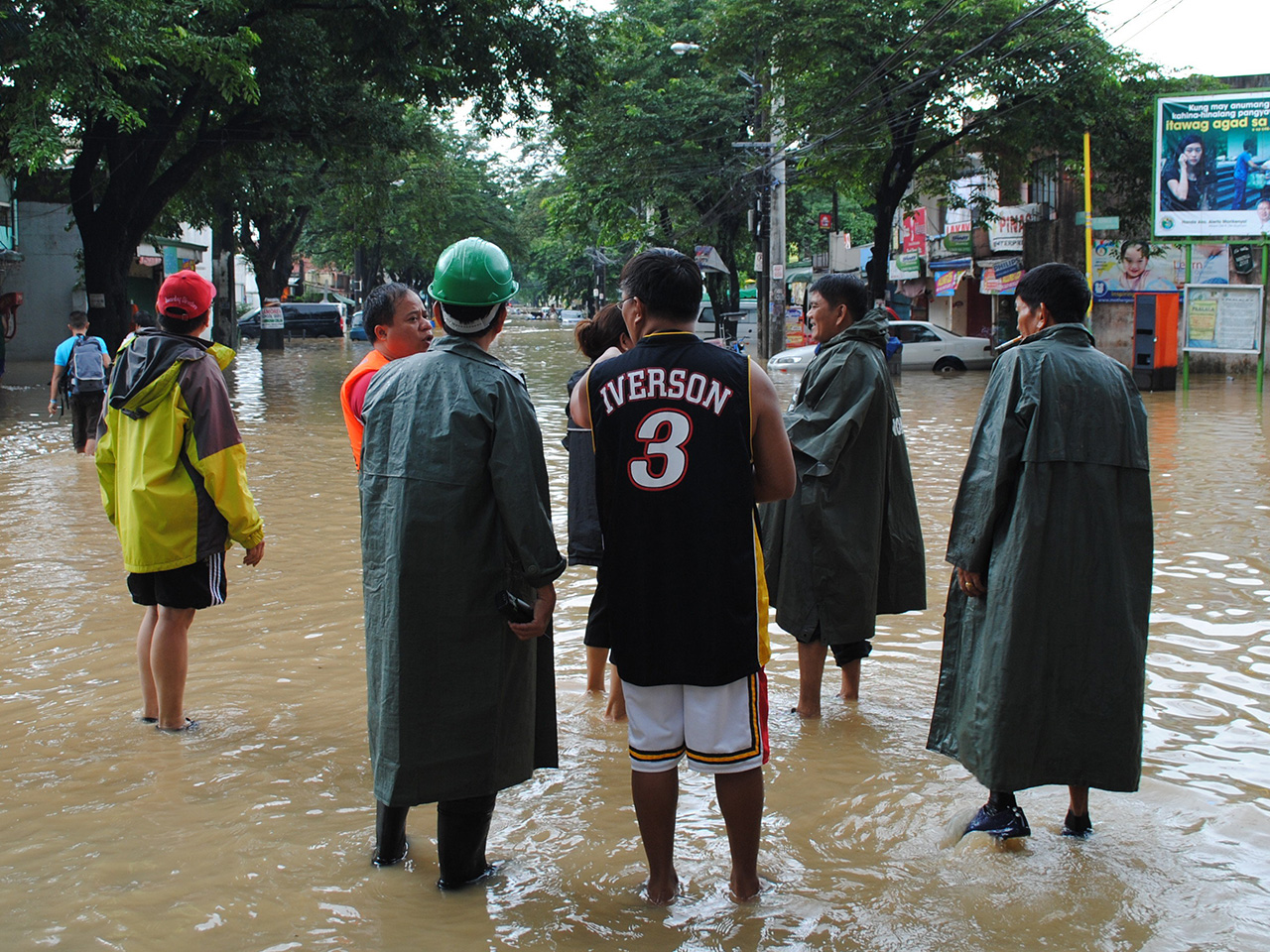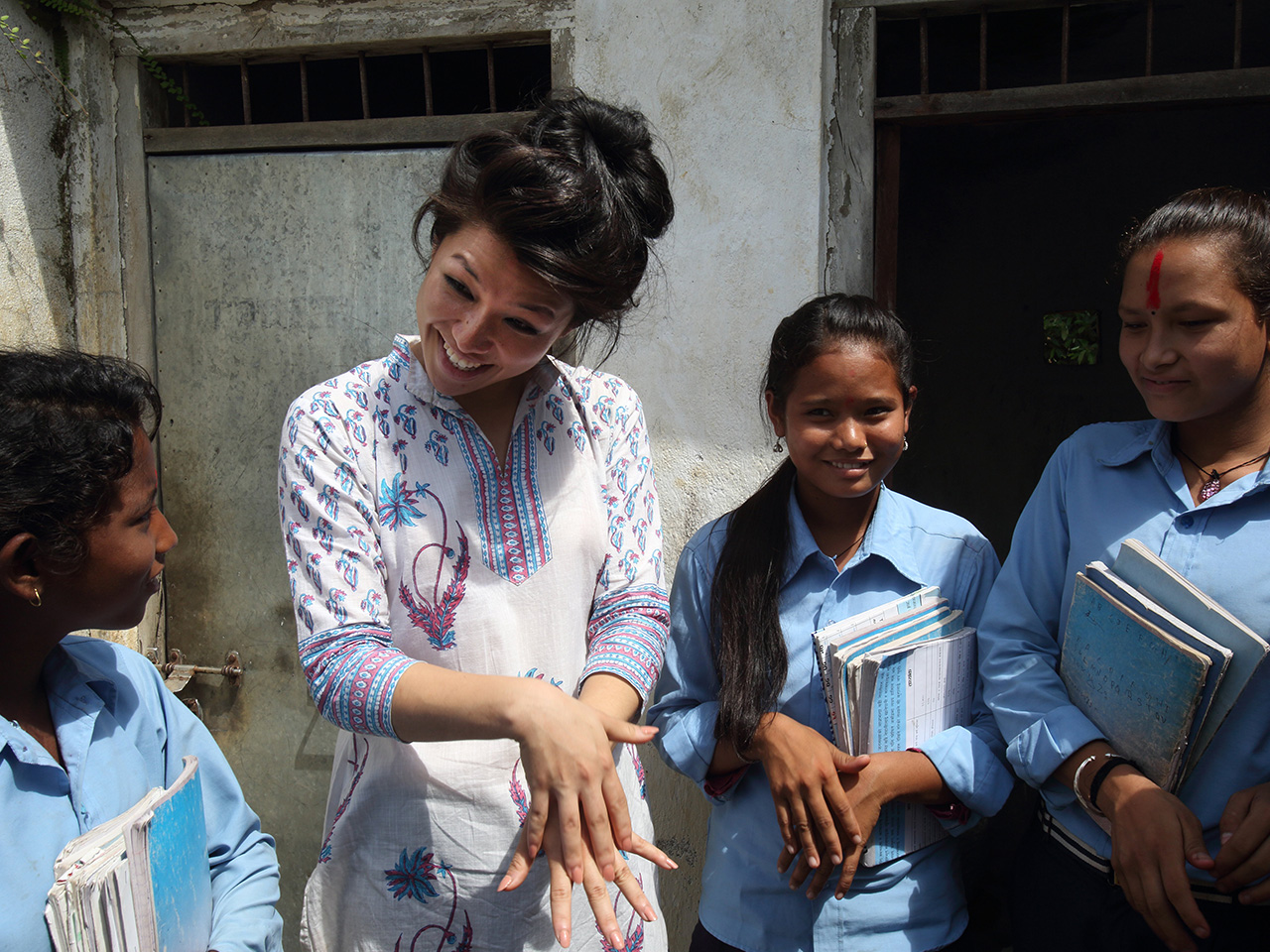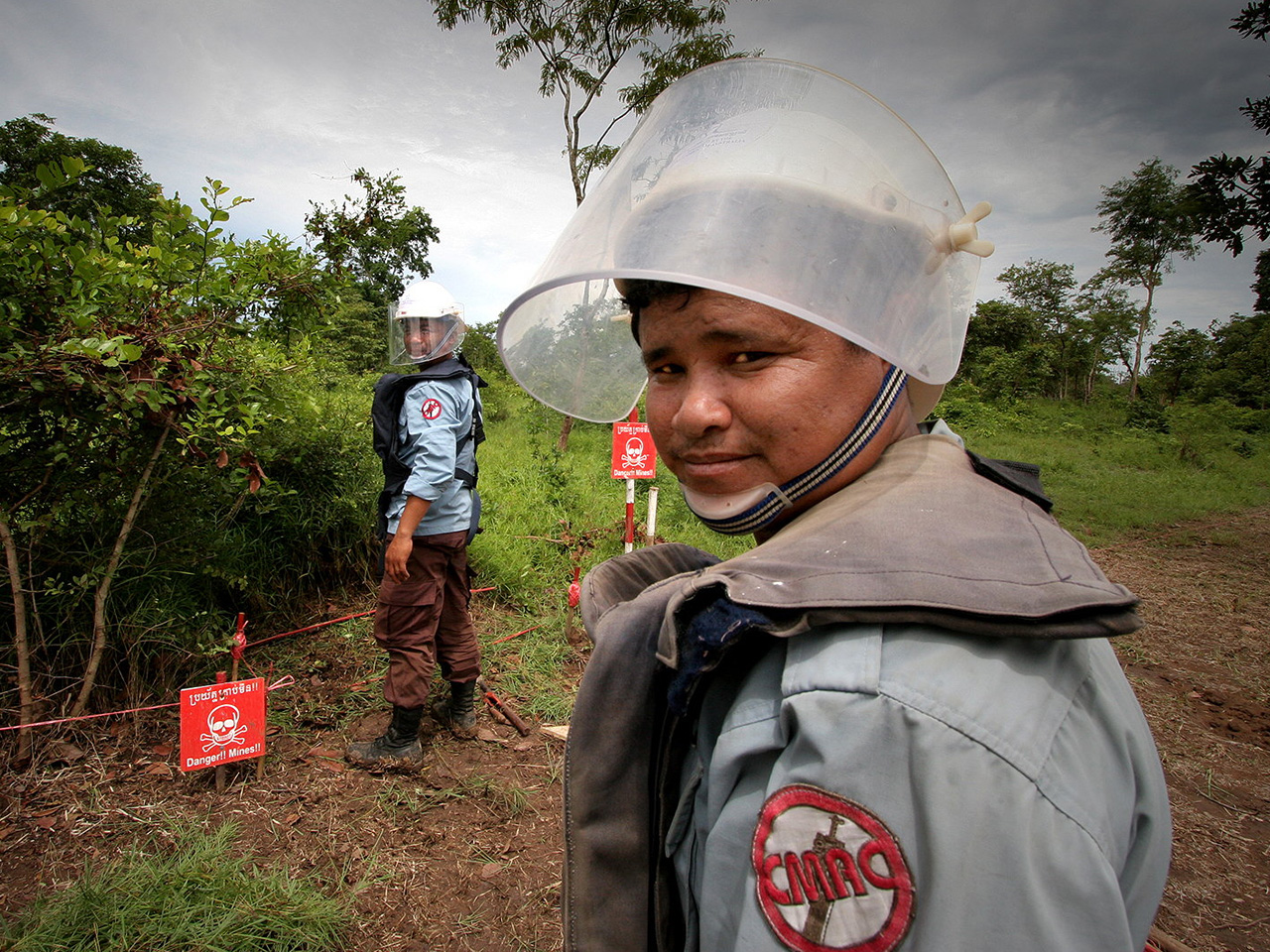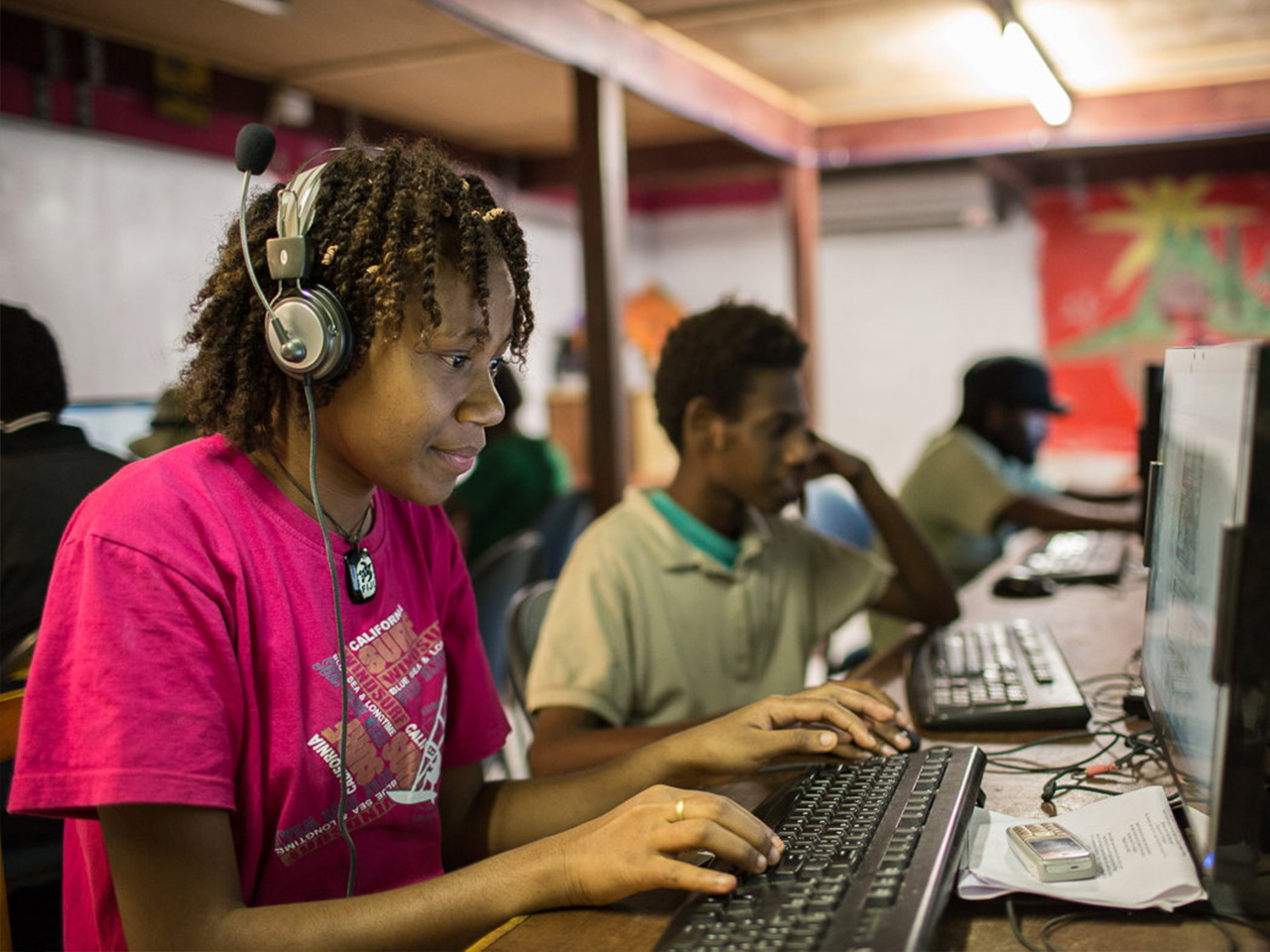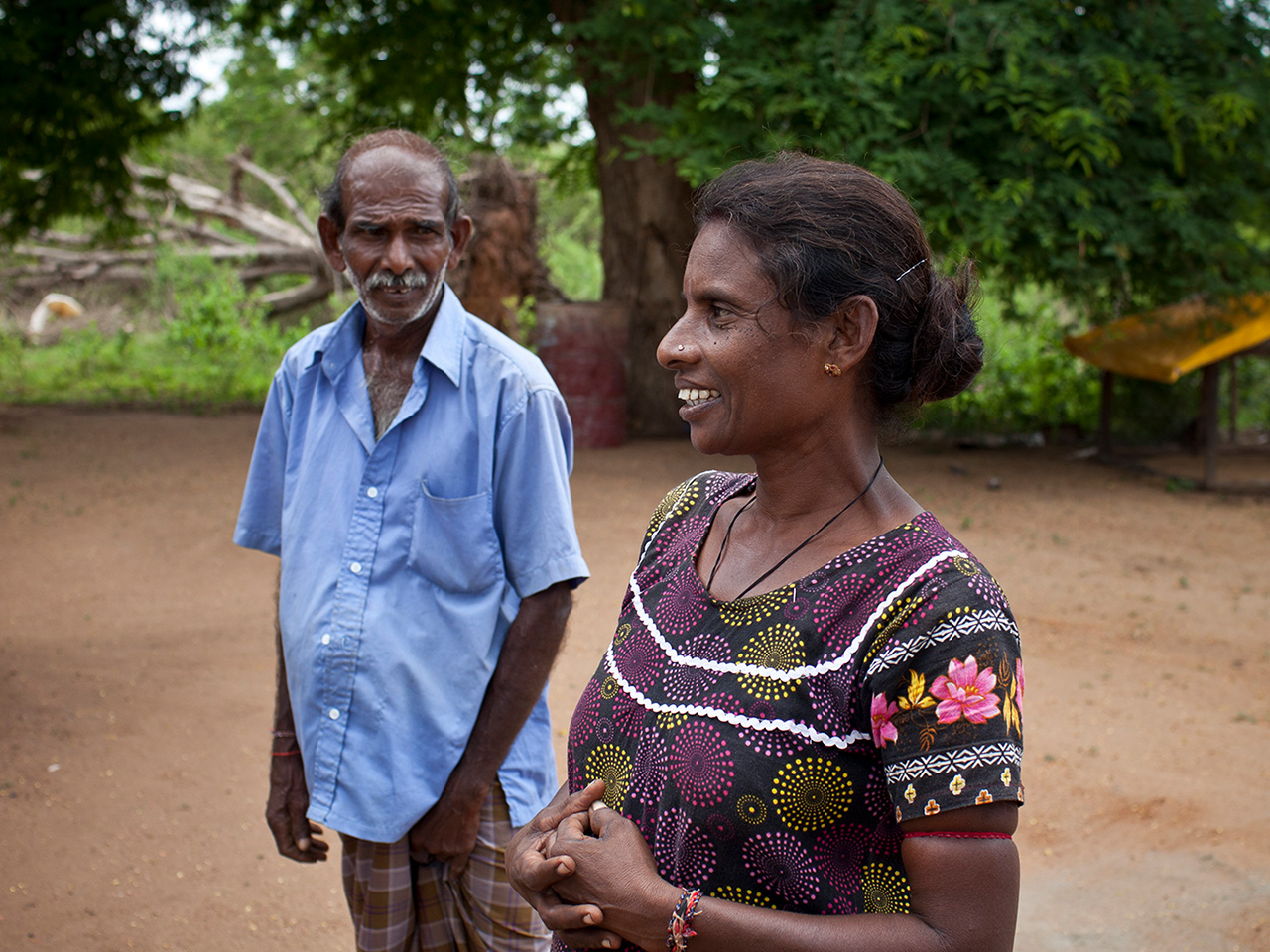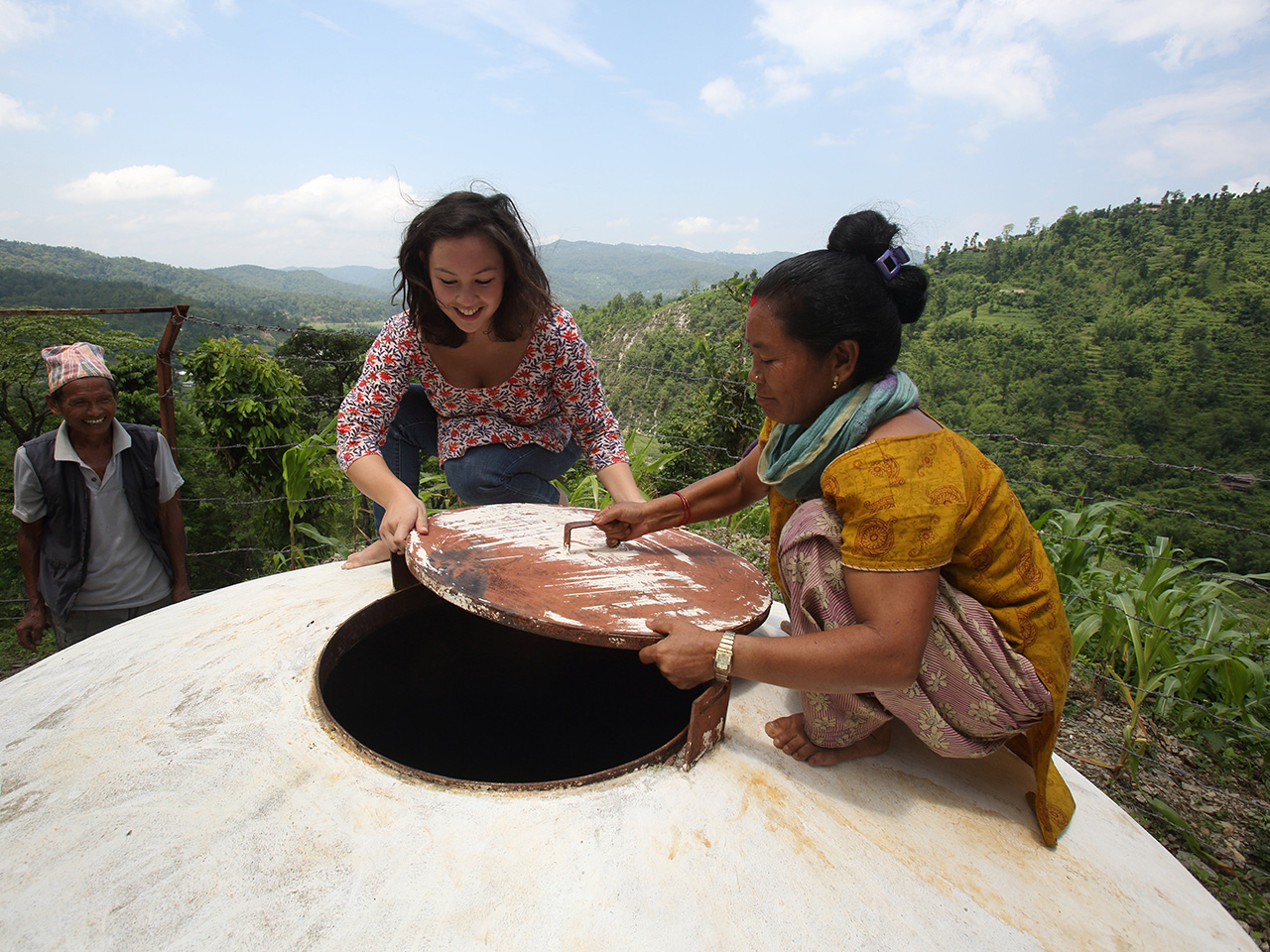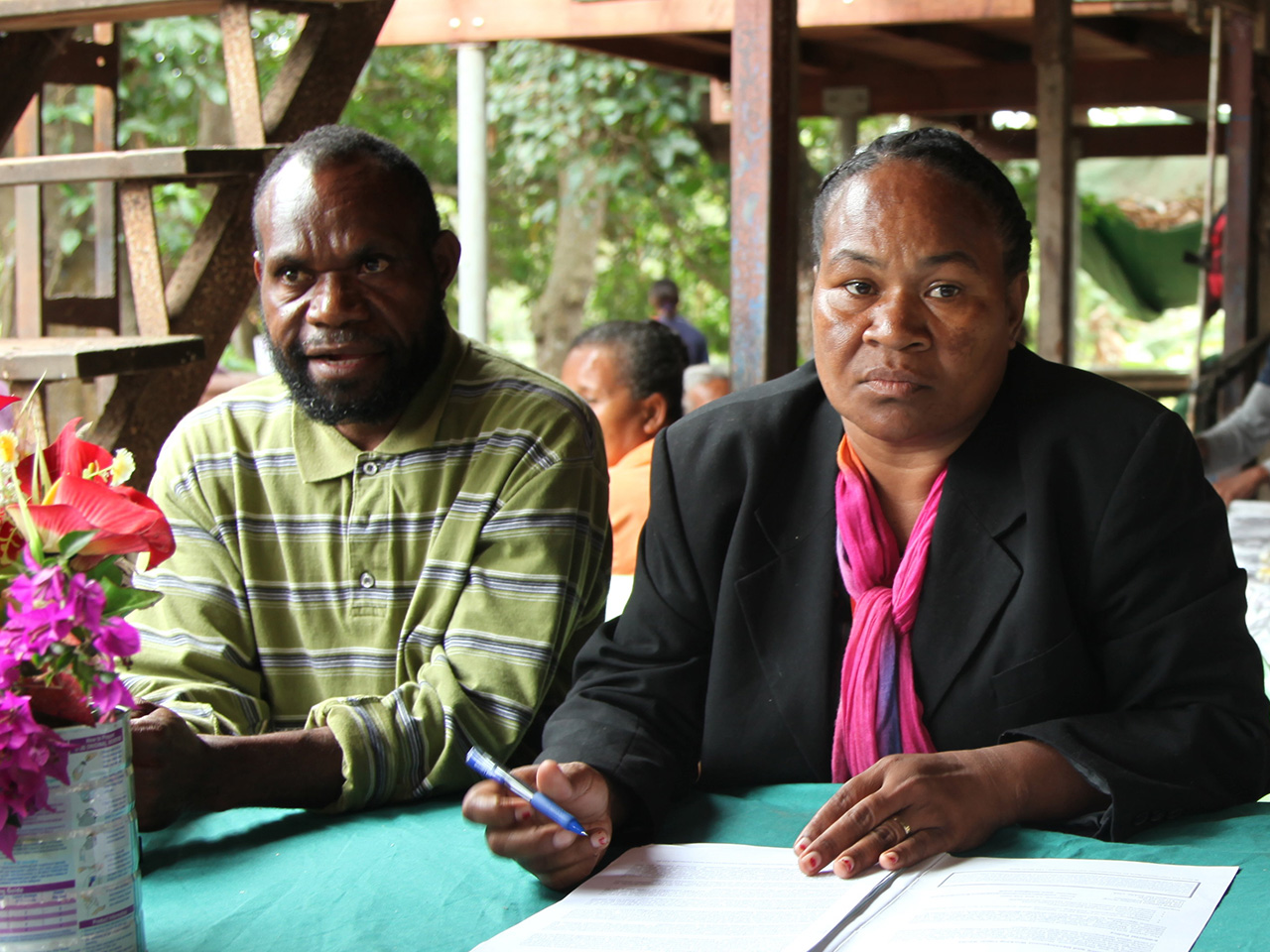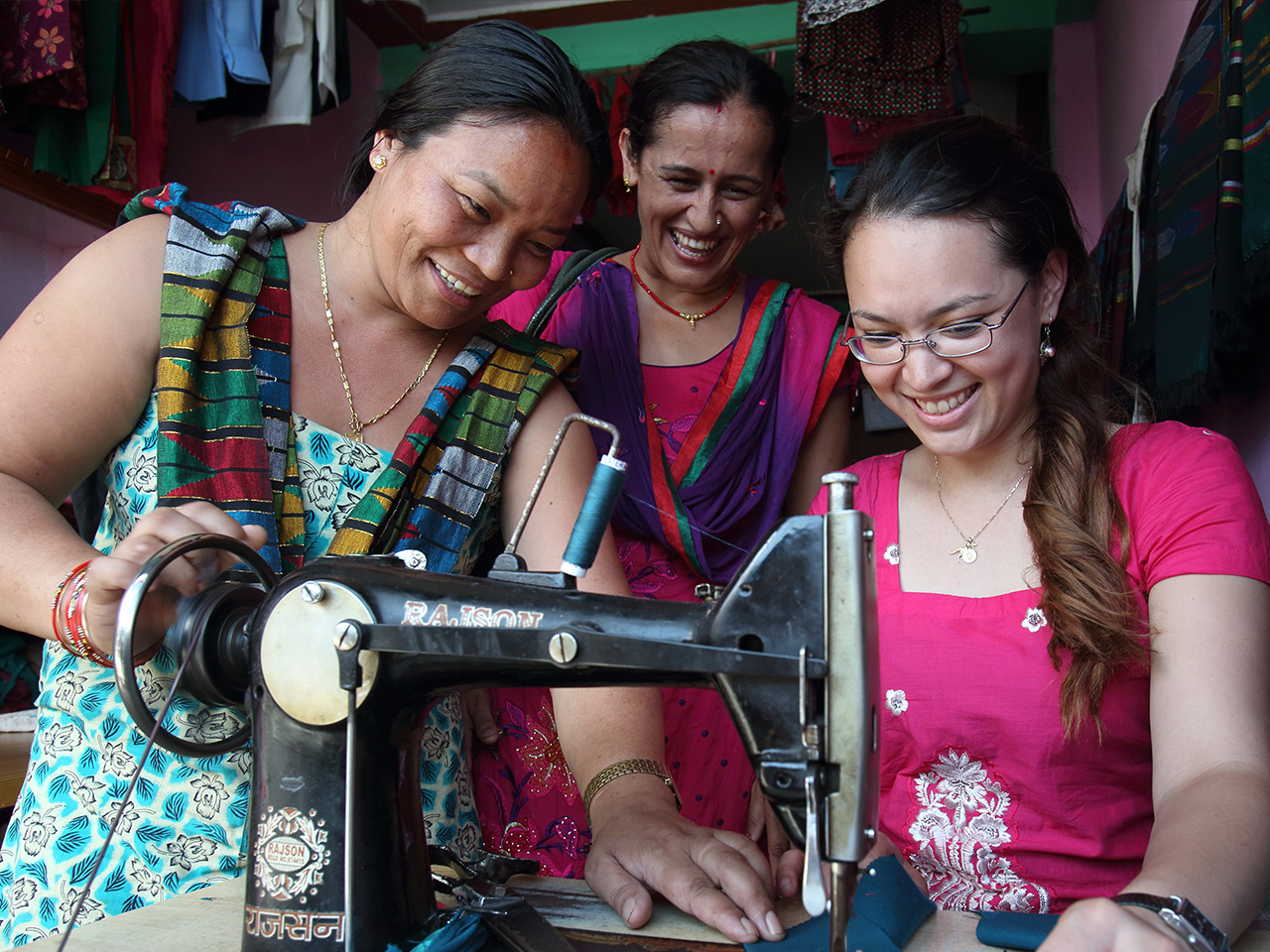The Support Unit for Gender Equality (SURGE)
closed on 31 December 2025.
This website will no longer be monitored or updated. For DFAT officers seeking gender technical assistance please contact the Gender Equality Branch (GEB) at GEDSI.GEB@dfat.gov.au
The SURGE Knowledge Hub is a curated library of gender equality resources to support users to improve their approach to gender equality in international development programming. Whether you are looking for DFAT guidance, how to apply an intersectional approach or need help integrating gender into your design, the SURGE Knowledge Hub is your one-stop-shop.
The Knowledge Hub is arranged by technical sectors and includes guidance and tools on assessment, design, evaluation, MEL and much more.
Result
Showing 12 of 26Hardwiring Accessibility: Measuring What Matters for and by People with Disabilities
Accessibility is often considered (inappropriately) as an add-on, but needs to be hardwired into water, sanitation and hygiene (WASH) services and systems from the outset.
Gender Equality and Disability Inclusion within water, sanitation and hygiene
To ensure universal access the document takes a rights-based approach to WASH, addressing equality and non-discrimination with an approach based in participation and inclusion.
The Inclusion of Rights of People with Disabilities and Women and Girls in Water, Sanitation, and Hygiene Policy Documents and Programs of Bangladesh and Cambodia: Content Analysis Using EquiFrame
This study examines the extent to which WASH policy documentation in Bangladesh and Cambodia include information on the rights of PWD, and women and girls, and the degree to which policy commitment
Including Persons with Disabilities in Water Sector Operations
The note collates recommended strategies and practices in disability-inclusive development programming.
Disability Inclusive Systems Strengthening in WASH: How can we do it better?
There needs to be a focus on diversity and reaching the most marginalized.
Engaging men and boys for gender-transformative WASH
This issue of Frontiers of Sanitation explores the extent to which engaging men and boys in WASH processes is leading to transformative change in gender roles, attitudes, and sustainable change in
Engaging men and boys for gender-transformative WASH
This document is an update to Frontiers Part 1 produced in 2018 (
Exploring GEDSI transformative Change – the Qualkit
Measuring transformative changes in gender equality, including changes in social norms, structures and agency is a complex area, and yet is critical to understanding both intended and unintended ch
The water, sanitation and hygiene gender equality measure (WASH-GEM): Conceptual foundations and domains of change
The WASH-GEM was developed and piloted in 2019-2021 with iDE in Cambodia and&nb
Leaving No One Behind: Experiences from Water for Women
As part of a dedicated learning initiative under Water for Women’s Learning Agenda, insights on efforts to leave no one behind from its CSO WASH partners in 15 Asia-Pacific countries were coll
Stronger systems for inclusive and sustainable WASH
This series of learning products synthesise the collective learnings from the extensive work undertaken by Water for Women CSO and research partners, which reiterates that WASH systems are made up
